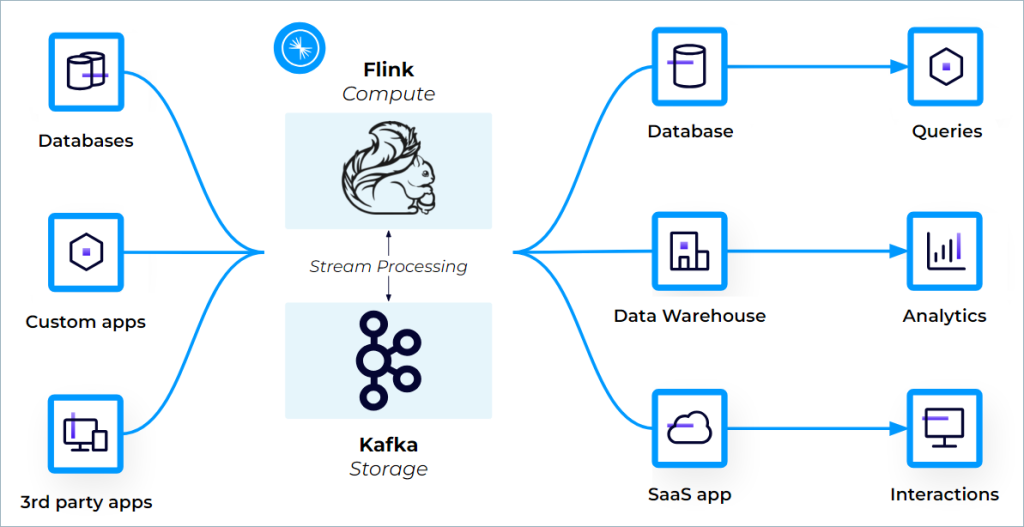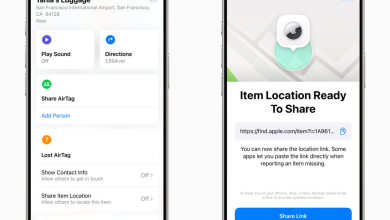3 data engineering trends riding Kafka, Flink, and Iceberg

Re-envisioning microservices as Flink streaming functions
A typical method to course of information is to tug it out of Kafka utilizing a microservice, course of it utilizing the identical or doubtlessly a unique microservice, after which dump it again into Kafka or one other queue. Nonetheless, you need to use Flink paired with Kafka to do the entire above, yielding a extra dependable resolution with decrease latency, built-in fault tolerance, and occasion ensures.

Confluent
Flink will be set to pay attention for information coming in, utilizing a steady push course of somewhat than a discrete pull. As well as, utilizing Flink as an alternative of a microservice permits you to leverage all of Flink’s built-in accuracies, similar to exactly-once semantics. Flink has a two-phase commit protocol that allows builders to have exactly-once occasion processing ensures end-to-end, which signifies that occasions entered into Kafka, for instance, will likely be processed precisely as soon as with Kafka and Flink. Word that the kind of microservice that Flink greatest replaces is one associated to information processing, updating the state of operational analytics.
Use Flink to rapidly apply AI fashions to your information with SQL
Utilizing Kafka and Flink collectively means that you can transfer and course of information in actual time and create high-quality, reusable information streams. These capabilities are important for real-time, compound AI functions, which want dependable and available information for real-time decision-making. Assume retrieval augmented era (RAG) sample, supplementing no matter mannequin we use with right-in-time, high-quality context to enhance the responses and mitigate hallucinations.








